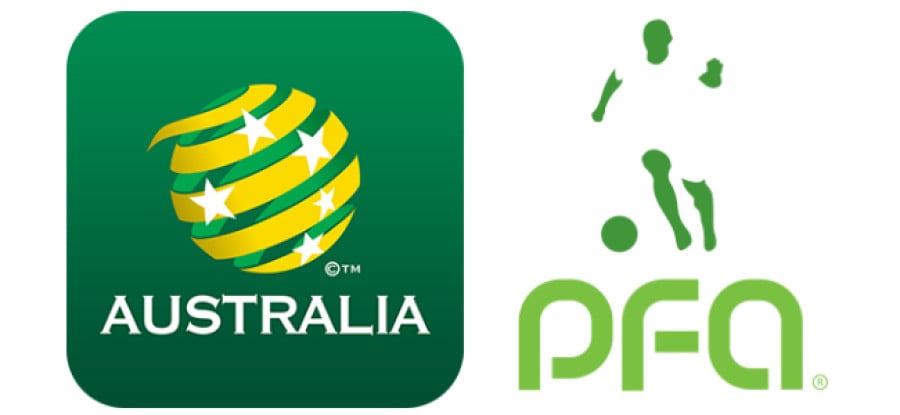A summary of Australian Football’s collective bargaining dispute

After many months of fruitless negotiation over a new ‘whole of game’ Collective Bargaining Agreement (CBA), Football Federation Australia (FFA) and Professional Footballers Australia (PFA), the national players union, are now engaged in a bitter labour dispute.1
The dispute escalated during a recent camp for FIFA World Cup qualifying matches with the men’s national team (Socceroos) declining to undertake commercial activities on behalf of FFA while the dispute remained outstanding, the exception being where charity and community engagements are concerned.2 This was soon followed3 by the cancellation of the Australian national women’s team (Matildas) tour to U.S. for a two game series against 2015 FIFA Women’s World Champions - United States.4
Should the parties remain unable to reach an agreement, recourse to litigation becomes more likely, and could have far reaching implications for both organisations and the management of professional team sport in Australia, as it would represent the first time that the legality of a salary cap (one of the key points around which the dispute revolves) has been challenged in the Australian courts.5
This article examines the current state of the dispute between the FFA and PFA, with particular focus on labour market restraints (i.e. the salary cap proposals), which are central to the dispute. A related article (available here) will then move on to consider whether the FFA’s new salary cap proposals could constitute an unlawful restraint of trade.
WHAT IS THE CURRENT DISPUTE ABOUT?
Historically, the PFA and FFA negotiated separate CBA’s for Socceroos, Matildas and A-League players.6 In May 2014, both organisations formally agreed to a variation of a long standing Memorandum of Understanding (MOU), to include a formal structure, which gave effect to both organisations committing to negotiate a ‘whole of game’ CBA, covering the A-League, Matildas and Socceroos, to take effect in July 2015.7
The main areas of negotiation are basic pay and employment conditions for all three player groups. Furthermore, the PFA stated other areas of priority to be negotiated are:8 (i) player contract security; (ii) CBA implementation and compliance; (iii) injury insurance protection; (iv) grievance procedure; and (v) investment in player wellbeing programs.9
THE FFA’S POSITION
The CBA’s for the Socceroos, the Matildas and A-League all expired on 31 July 2015.10 Following months of negotiations with no agreement reached, FFA took the unprecedented action of announcing changes to the CBA, which the PFA claimed it had not agreed to.11 The most important points among the proposed changes are related to the salary cap for the A-League and player roster framework.
To continue reading or watching login or register here
Already a member? Sign in
Get access to all of the expert analysis and commentary at LawInSport including articles, webinars, conference videos and podcast transcripts. Find out more here.
- Tags: A-League | Australia | Collective Bargaining Agreement | Employment Law | FIFA | FIFPro | Football | Football Federation Australia | Governance | Professional Footballers Australia (PFA) | Regulation | World Cup
Related Articles
- How Collective Bargaining benefits footballers: the new Dutch football CBA
- MLS’s CBA negotiations: federal mediation, salary cap and steps toward free agency
- Why enhanced statistics are a game changer for NHL contract negotiations
- Why Football Federation Australia’s new salary cap proposals may be unlawful
Written by
Francis Awaritefe
Francis Awaritefe is a former Socceroo and National Soccer League player. He has been a Professional Footballers Australia Executive Committee member, as well as an A-League Club Executive, and is currently in final year studying honours in law.

 Global Summit 2024
Global Summit 2024